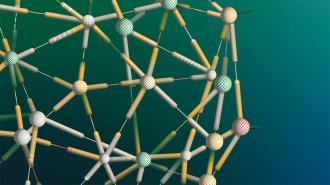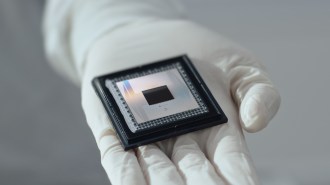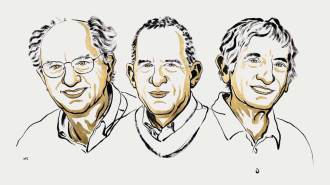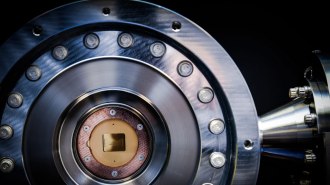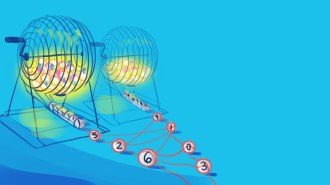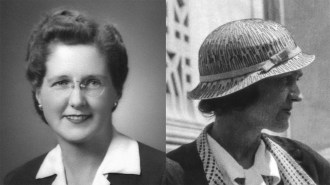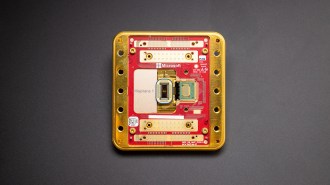A quantum computer goes to space
The computer, now orbiting Earth on a satellite, demonstrates the technology is workable in space
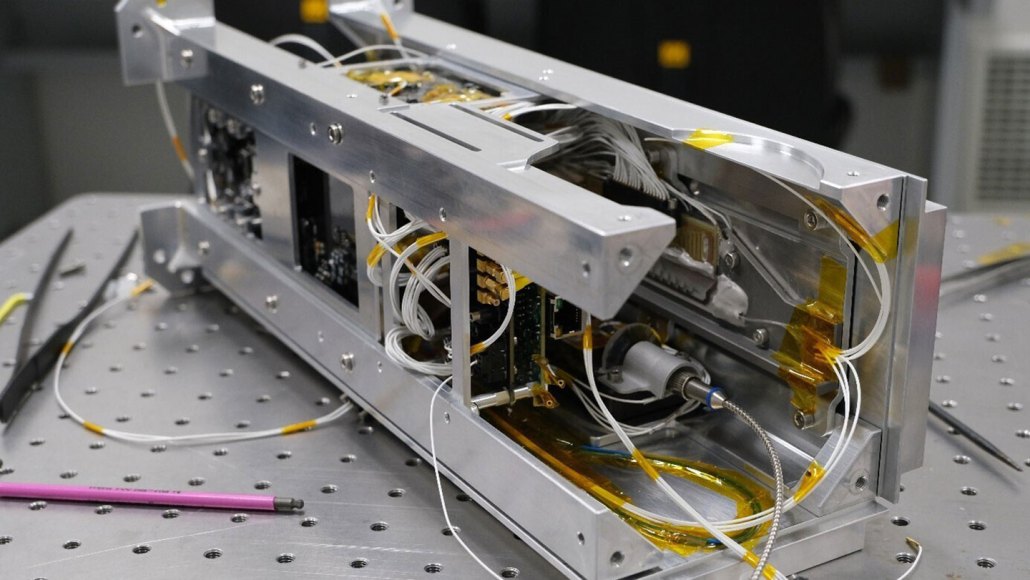
A quantum computer designed to work in space (shown during assembly in the laboratory) is now orbiting Earth on a satellite.
© Walther Group/Courtesy of DLR RSC3
